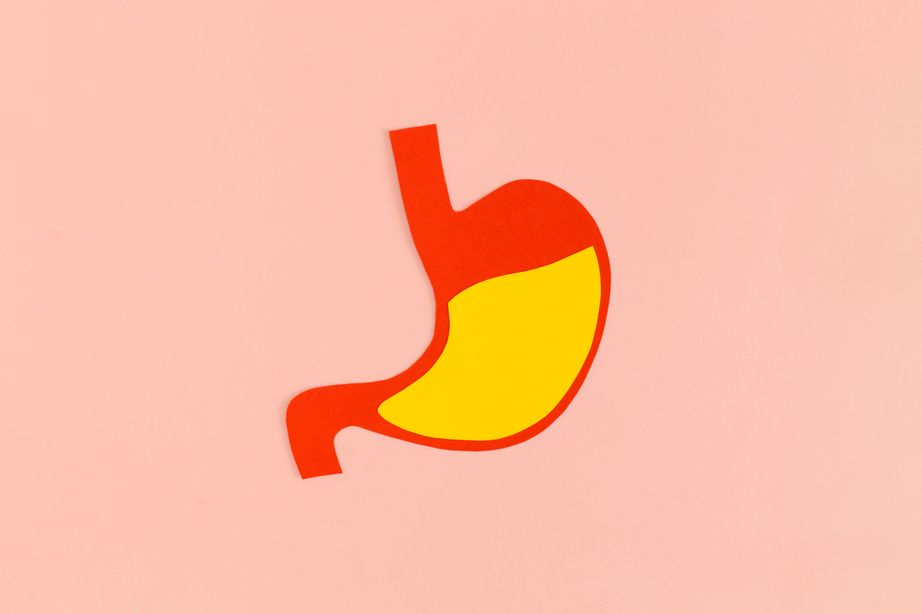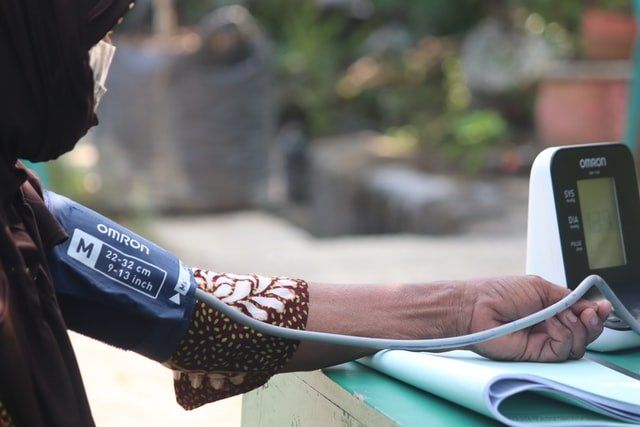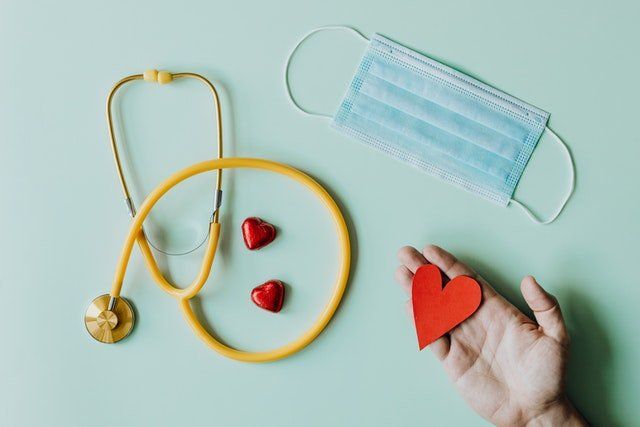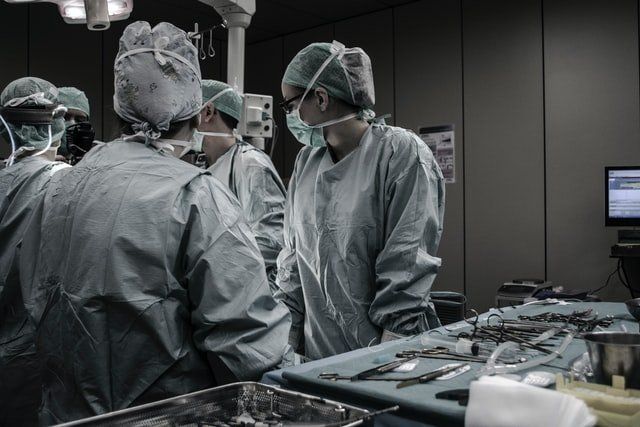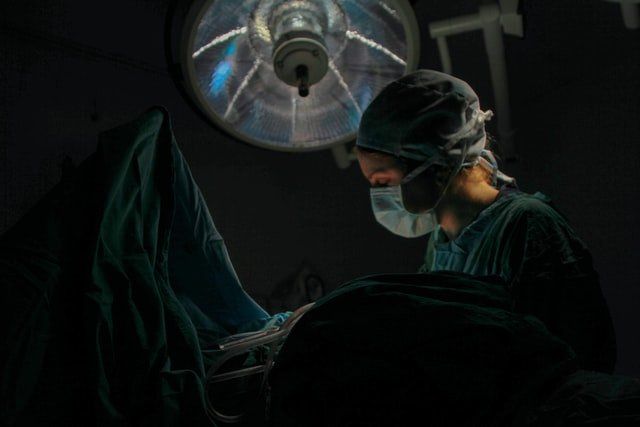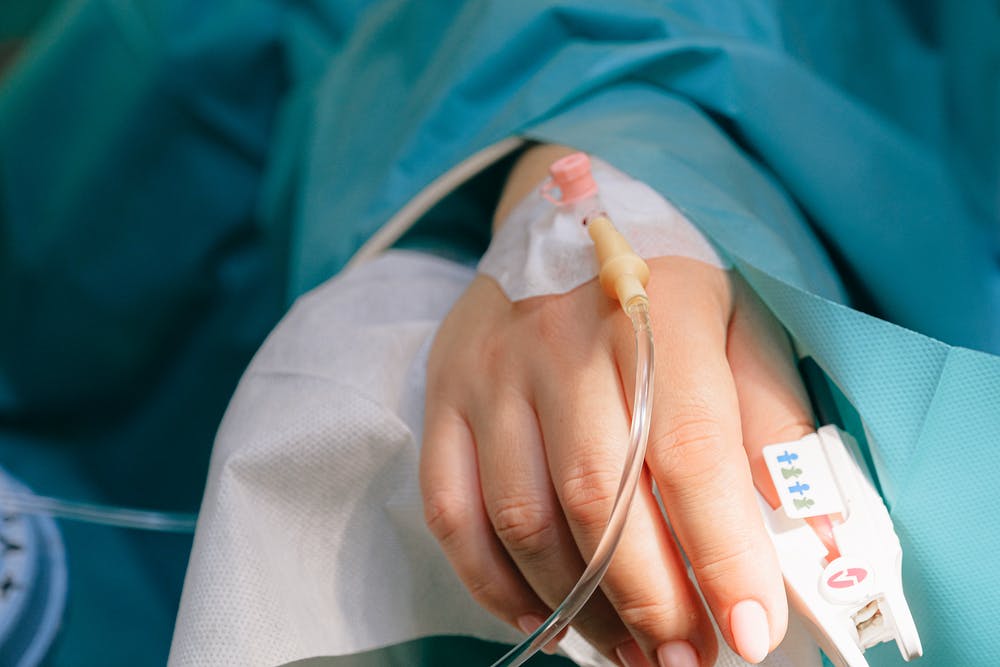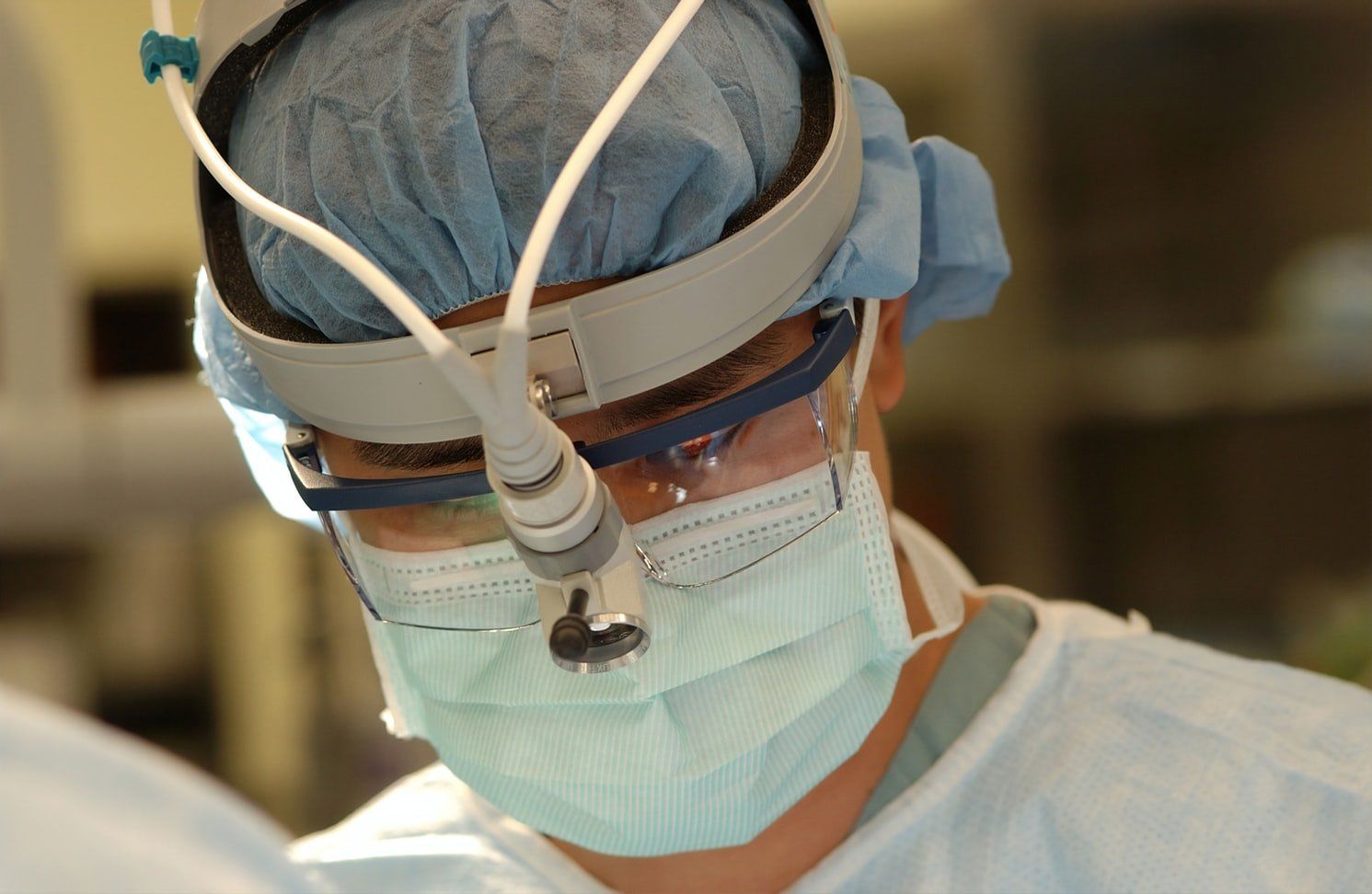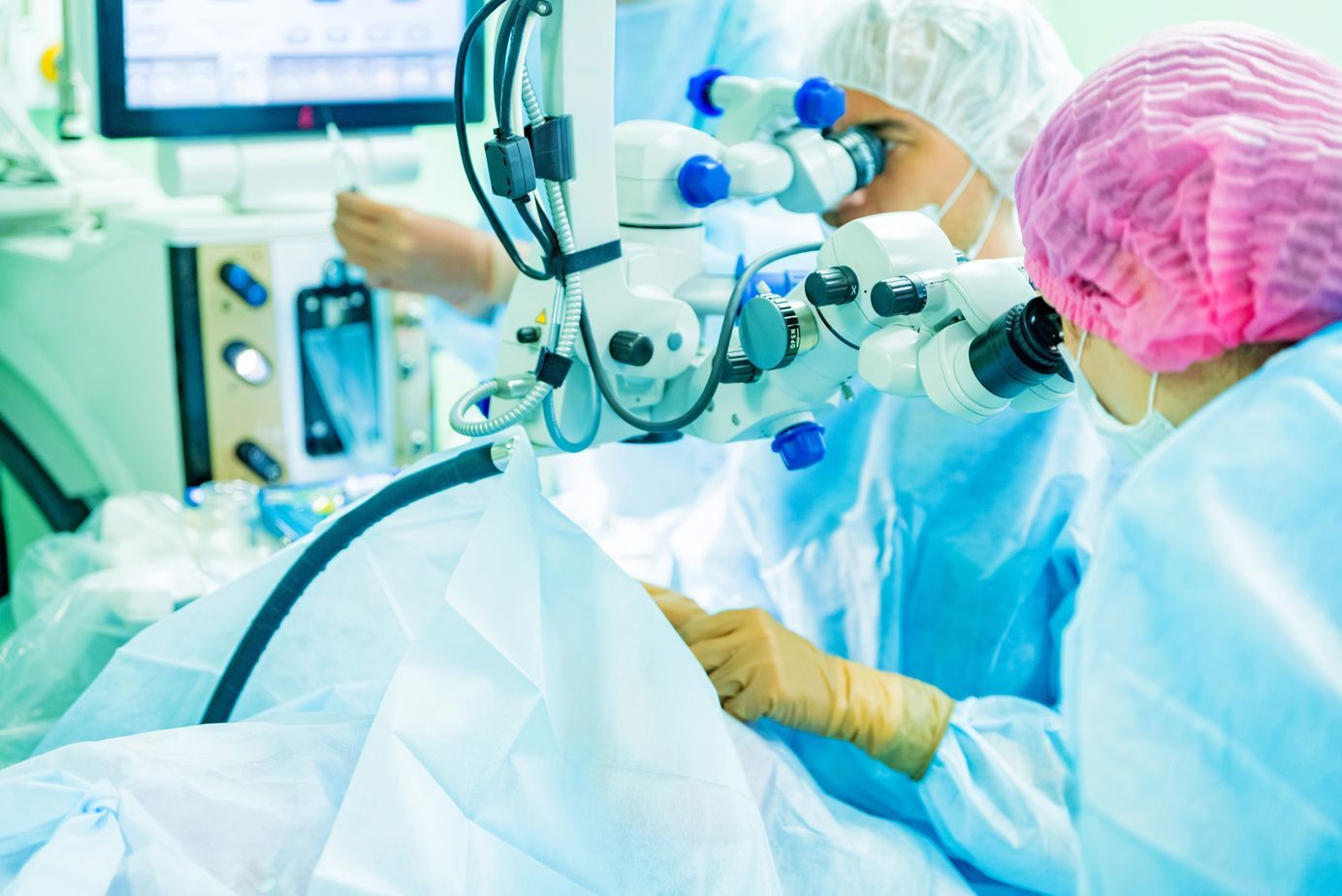Utilizing Upper GI Endoscopy to Detect Health Conditions
An endoscope is a thin, flexible tube with a light and a lens that can be used to look inside the upper digestive tract, including the esophagus, stomach, and at least the first part of the small intestine. Upper GI endoscopy, often called an esophagogastroduodenoscopy (EGD), is used by doctors to diagnose a variety of disorders and conditions.
An upper GI endoscopy can detect abnormalities with the lining of the upper GI tract or food obstructions. It can help you determine if you have any of these health issues below.
Gastroesophageal Reflux Disease
Gastric acid rushes from the stomach into the esophagus, causing GERD (gastroesophageal reflux disease). Barrett’s esophagus is caused by the formation of abnormal cells in the esophagus, which can progress to cancer.
If you’ve had GERD symptoms for a long time, your doctor may recommend an upper GI endoscopy. Heartburn, indigestion, regurgitation, and nausea are common symptoms.
Doctors use a special light to show problematic tissue during an upper GI endoscopy, and then they take a biopsy. The lining is seen here in a small sample. A pathology lab can determine if the cells are abnormal.
Inflammation
Inflammation of the upper GI tract, such as duodenitis, esophagitis, and gastritis, can be detected with an upper GI endoscopy and biopsy.
Over time, erosion and ulcers can be caused by inflammation. Most of the time, a Helicobacter pylori infection is a common cause of inflammation. This infection can cause ulcers in the duodenum and stomach (peptic).
If you have signs of inflammation or ulcer, your doctor may recommend an upper GI endoscopy. Nausea, vomiting, belching, bloating, and scorching stomach pain are common symptoms.
Tumors
During an upper GI endoscopy, doctors can discover ulcers, atypical lumps, and masses. Your doctor will do a biopsy in this scenario. The biopsy sample is evaluated in a lab to identify whether it is benign or malignant.
The most prevalent cancer in the upper GI tract is stomach cancer, followed by esophageal cancer. Duodenal carcinoma is a relatively uncommon malignancy.
If your doctor thinks that you have upper GI cancer, they may recommend an upper GI endoscopy, but they may also recommend it if you have a history of long-term gastritis. Additionally, if you have a family history of cancer, your doctor may also recommend the procedure.
Esophageal Stricture
The esophagus narrows due to esophageal stricture. It prevents food and drinks from passing through the stomach normally. Large pieces of food can get stuck as well. Strictures can be caused by GERD or tumors.
If you have symptoms of esophageal stricture, your doctor may recommend an upper GI endoscopy. Swallowing difficulties, chest tightness, shortness of breath, and vomiting are all common symptoms. During an endoscopy, your doctor can see and perhaps treat the stricture.
Esophageal Varices
Esophageal varices are swollen veins that might rupture and hemorrhage in the esophagus’s walls. Blood may be vomited, and feces may be black, tarry, or bloody if you have esophageal varices. The loss of blood can put your life in jeopardy. Until they bleed, there are typically no symptoms.
A major risk factor for esophageal varices is having liver disease. If you have liver illness, your doctor may perform an upper GI endoscopy to prevent serious issues. An upper GI endoscopy allows doctors to see and cure this condition. If there is active bleeding, it can be done as an emergency procedure.
Conclusion
One of the first steps in your preparation for an endoscopy is a consultation with a gastroenterologist. Your doctor will need to know about your medical history and your current symptoms. If there’s a suspicion that the endoscopy may be related to a condition, the doctor may decide to perform a more detailed test.
If you need a
gastroenterologist in New Jersey, don’t hesitate to turn to Michel Kahaleh Gastroenterologist. Dr. Michel Kahaleh is a world-renowned endoscopist and gastroenterologist who has pioneered interventional endoscopy. Book your appointment with us today!

